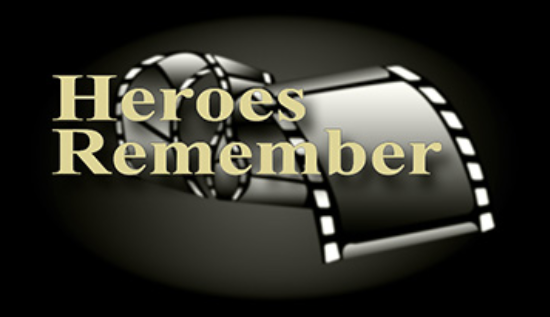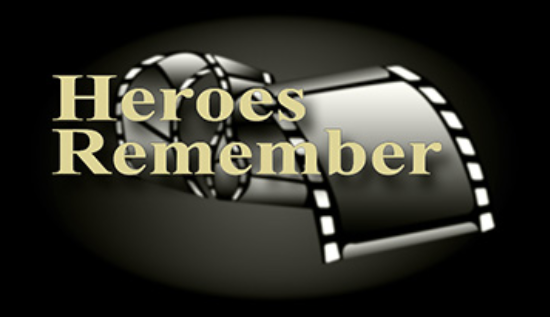They put down what they thought of the whole expedition, and we
let the pigeon go. Now when you let the pigeon go you turn it
upside down, feet up in the air, and you hold it, you hold it in
two hands like that and you just clutch it there just so the
neck is sticking out, and then you flip it up. Now when you do
that, the pigeon turns over to the side, and then finally it
picks up it’s elevation and then it starts to flap its wings. It
goes around once, maybe twice around the ship and then it’s
gone. It’s heading for home. For that loft near England, near
London. First one was shot down. The Germans shot a shell, and
he exploded right over the top of the ship. And we saw the
pigeon go down, the boys were watching with binoculars, and they
saw the pigeon go down. Well, we still have about twenty pigeons
left. Another pigeon. So, I went down and brought another pigeon
and that one made it. And, you know, that pigeon, it’s eighty
miles from Dieppe to Portsmouth. There was no coffee breaks and
there was no stop on the road, because it was just seawater. And
so, they just kept on flapping their wings and just flapping
their wings and heading off for home. And at 4 o’clock in the
afternoon, that pigeon got into the loft, and so, the people
that were looking after the loft brought the pigeon out, got the
message. And then, from there it went by telegraph to London.
It was called off and the expedition was a failure.
More would be explained: why and how and so forth. They had
remarks made as to what went wrong. Now, the captain had
explained that for, in early parts to high ranking officers, you
have, when you have a raid of that nature, where you have a
limited amount of support. You’re short of this, you’re short of
that and short of that but everything must work. Every, so what
happened at Dieppe was this. The people that were to go ahead
and blow up the embankments and let the, the explosive people in
to knock out the big guns were not able to make it. Their, their
torpedoed ship was knocked out. So, they were left there
stranded with no equipment to use their explosive. So, now
alright, the tanks. Well the tanks were supposed to be able to
go in and they had to have explosives to get the tanks in. Tanks
couldn’t make it. The explosive, there was no explosives. And
so, it was impossible to get through. And so, the chain reaction
worked down, down, down, down until everything was a failure.
And so, then in the telegram that the pigeon carried it says,
“In the future, we must rely on more firepower. Have more
material for defence and for attacks and so forth.” And so
that’s all described in there. So, anyhow the pigeon made it.
Then, at 11 o’clock in the morn.. at night our ship pulled into
Portsmouth. The ambulances were there. Some, they said, “Don’t
unload the dead now, but the living we’ll try to get them off
first.” So they got the living off and of course ourselves that
had not been hit and were in, still in good condition, we got
off. And when I got off, down the gang plank, there was a table
at the far end. There was a couple naval officers there. “Now
before you go for coffee,” because we hadn’t eaten for two days,
“before you go for your coffee and sandwiches and lunch we want
to know from you anything that you can tell us about casualties.
Did you see anybody that you knew that were killed and died?”
“Yes.” And then, you’d go and give them the list of people that
you saw dead and so on and so forth. Right. And so, then with
that in mind, they had an idea of how many people were missing.
One regiment, the French Canadian Regiment, they went in with
six hundred men, they came back with twenty-seven. Pretty poor
Pretty poor average. But that’s the way the,
that’s they way the Dieppe Raid went.





